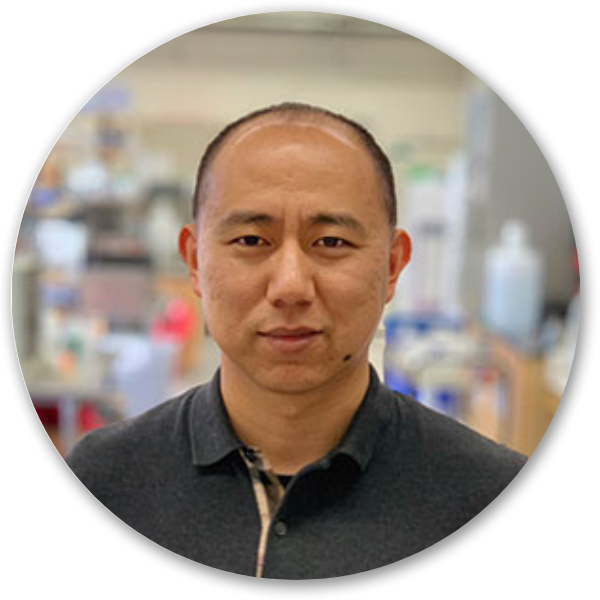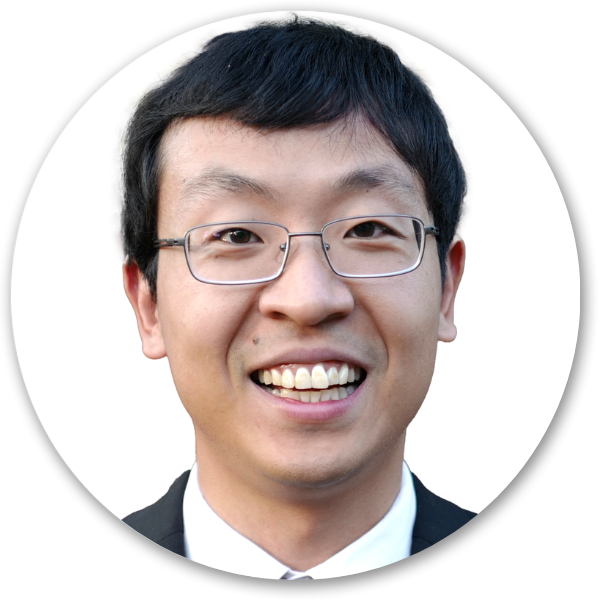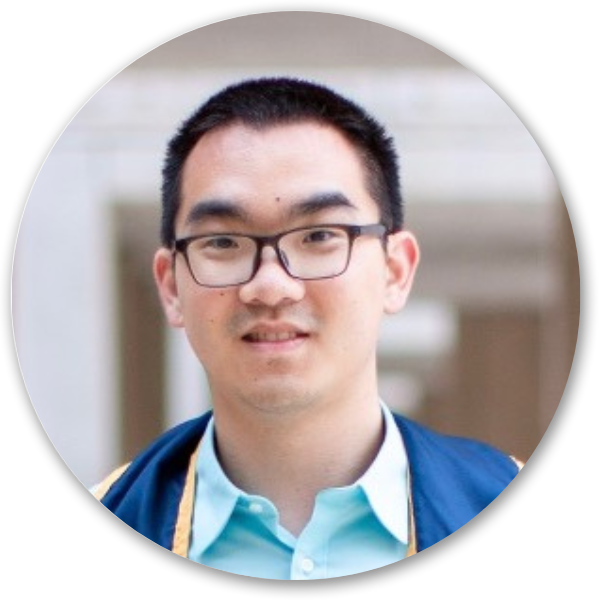About the Webinar
Single-cell methods are transforming the way scientists study human disease across many research areas, from cancer to neuroscience. In particular, recent programs like the NIH BRAIN Initiative are harnessing the latest single-cell technologies to study the human brain at an unprecedented level of detail. During this panel discussion, hear the latest from leading researchers from Stanford, UCLA, and the Salk Institute who are using single-cell 3D genomic approaches to better understand development, disease, and aging in the human brain.
Key Takeaways
- How the NIH BRAIN Initiative and how single-cell approaches will help an international team of scientists map the aging human brain
- How the sn-m3C-seq and Dip-seq single-cell methods have provided new insights as part of recent neuroscience initiatives
- About the latest data analysis tools designed specifically to manage the large data output of single-cell experiments
Meet the Speakers

Chongyuan Luo, PhD
Assistant Professor, David Geffen School of Medicine, UCLADr. Luo’s research program develops genomic technologies to study the genetic and epigenetic basis of human diseases. Dr. Luo is at the forefront of developing single-cell epigenomic technologies and uses these methods to study the gene regulatory diversity in the brain.

Longzhi Tan, PhD
Assistant Professor of Neurobiology, Stanford UniversityDr. Tan received his SB in Physics from MIT in 2012 and his PhD in Systems Biology from Harvard in 2018, developing high-precision methods for single-cell genomics. His work includes uncovering the 3D structure of the human genome in a single cell, revealing unique chromosome organization in mice, and measuring the true mutation spectrum of single neurons in the normal human brain.

Jingtian Zhou
Graduate Student, Salk Institute, Ecker LabJingtian Zhou is a PhD candidate in Bioinformatics and Systems Biology program at UCSD. He received his B.S. from Tsinghua University in 2016 and joined the Ecker Lab in the summer of 2017. He is working on integrative analysis of multi-modality single-cell data to understand the neural cell types, connectivities, and the dynamics of gene regulation during brain development.
